Looking back at the history of the previous period, Vietnam was sued for dumping pangasius and shrimp into the US, and during the time the US conducted the anti-dumping investigation, temporary measures were also applied. In the current context, Vietnamese goods exported to the US are subject to a temporary tax rate of 10%, while the corresponding tax rate of 46% has been postponed for 90 days. "The US's suspension of the corresponding tax for 90 days is a period of time for Vietnam to negotiate a reciprocal trade agreement, and also a period of time for Vietnam to prepare response solutions and at the same time restructure the economy towards self-reliance," said Associate Professor, Dr. Phan Huu Nghi, Deputy Director of the Institute of Banking and Finance, National Economics University.
Analyzing the impact of the US's reciprocal tax on Vietnam, according to Associate Professor Dr. Phan Huu Nghi, Deputy Director of the Institute of Banking and Finance, National Economics University, whether during the negotiation phase or after the negotiation, this policy will have impacts on Vietnam's export activities. If after the negotiation, Vietnam can achieve a tax rate of about 10% like countries with which the US has a trade surplus, it will also be a success, but at that level, it will still affect exports, not to mention that it could be much higher because the US has had a large trade deficit with Vietnam for many years.
In addition, most of Vietnam's export turnover depends on FDI enterprises. Therefore, when high taxes are imposed, the competitive advantage of these enterprises will decrease, leading to the risk of losing orders, increasing the cost of complying with regulations of origin, and even shifting production to countries with better tariff incentives. This not only directly affects immediate export activities but also threatens Vietnam's long-term economic growth target.
Currently, the issue of traceability and origin content has become a key factor in trade negotiations. In particular, the US is requiring Vietnam to be transparent about the origin of goods at the same level as developed countries such as South Korea and Japan. This also poses a big challenge for Vietnamese export processing enterprises, especially those using raw materials originating from China or outside the ASEAN bloc. Mr. Phan Huu Nghi cited that the US has just imposed a tax of up to 3,521% on solar panels from ASEAN countries as a typical example of supply chain transparency, because solar panels could be followed by wood, steel, electric vehicles, household electronics, textiles, etc. To maintain the ability to export to the US market - a huge import market with many alternatives, businesses are forced to research, transform, rearrange production models, and ensure transparency throughout the entire supply chain. “This is both a challenge and an opportunity for businesses in wood, steel, solar panels, electric vehicles, consumer electronics, textiles…” Associate Professor Dr. Phan Huu Nghi emphasized.
To proactively respond to US tariff measures, Associate Professor Dr. Phan Huu Nghi proposed that the State needs to synchronously deploy many important solutions. First of all, it is necessary to build a mechanism to strictly control and clarify the origin of goods, especially focusing on the ratio of domestic origin value and from China/ASEAN as a basis for tariff negotiations. At the same time, it is necessary to carefully review the list of goods that can reduce imports from the US to aim for trade balance, but must ensure that it does not affect existing international trade commitments.
Regarding business support, it is necessary to immediately implement measures such as a 30% reduction in corporate income tax for small businesses, reductions in land rents and fees, along with preferential credit packages. However, support measures must be carefully calculated to both help businesses overcome difficulties and ensure compliance with anti-subsidy regulations. At the same time, it is necessary to strengthen investment and tax management, including closely monitoring FDI capital flows to detect intermediary tax evasion, increasing inspections of businesses showing signs of transfer pricing, and strictly controlling tax refunds for processing businesses.
Faced with increasingly stringent requirements for origin transparency, Vietnamese enterprises need to proactively invest in a certificate of origin (CO) system and traceability of supply chains that meet international standards, especially when the US is setting standards as high as those of Korea and Japan. Lessons from the solar panel tax case show that enterprises must promote digital transformation and diversify input material sources to minimize origin risks. In addition, enterprises need to increase investment in technology, improve labor, environmental standards and financial transparency to meet the requirements of not only the US market but also demanding markets such as the EU. “At the same time, diversifying export markets to the EU, India, the Middle East and Africa through FTAs such as EVFTA, CPTPP, UKVFTA is an important strategy to reduce dependence on a certain market,” Associate Professor, Dr. Phan Huu Nghi shared.
Associate Professor, Dr. Ta Van Loi, Principal of the School of Business, said that it is necessary to clarify the value of Vietnam's contribution to export products to negotiate reasonable tax rates; at the same time, eliminate items accused of being Chinese goods using Vietnam as a transit point. In addition, with the rise of high technology, this expert recommends that Vietnam should choose the fields of software, semiconductors, digital economy, etc. as its economic strengths, as well as improve the quality of human resources to attract quality FDI capital flows, especially FDI from the US. Along with that, it is necessary to proactively encourage investment abroad, especially in the US, to seek resources. "Vietnam needs to change its approach to trade and investment relations from passive to proactive and there needs to be a balance in both directions to achieve optimal benefits," Mr. Loi emphasized.
Source: https://thoibaonganhang.vn/thay-doi-cach-tiep-can-quan-he-thuong-mai-va-du-tu-sang-the-chu-dong-163887.html


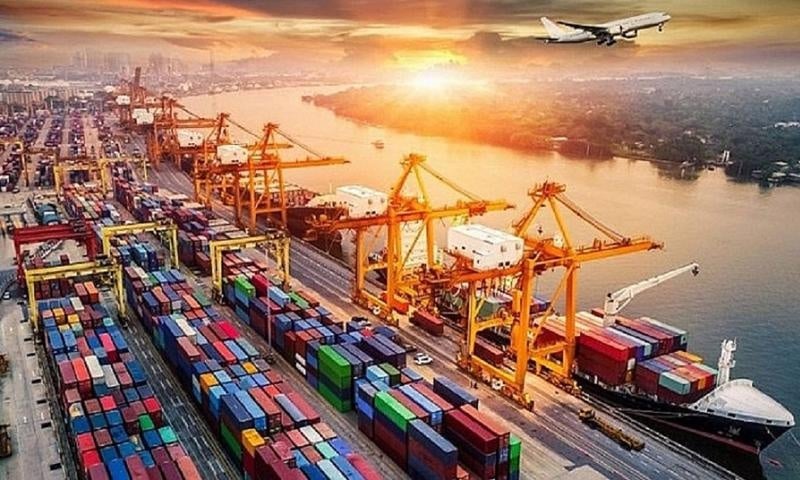






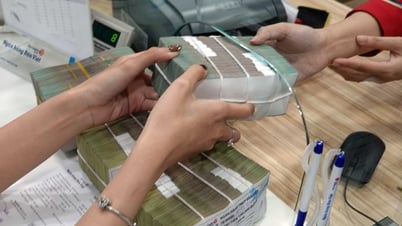
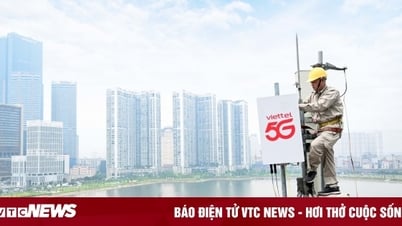

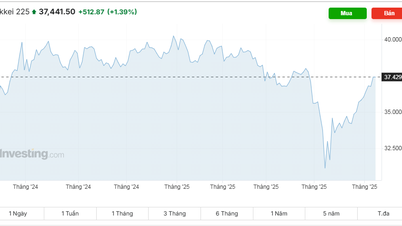






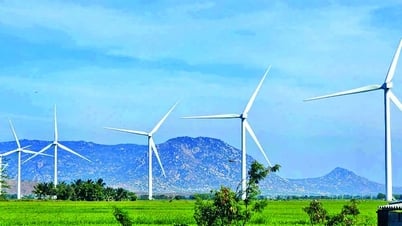

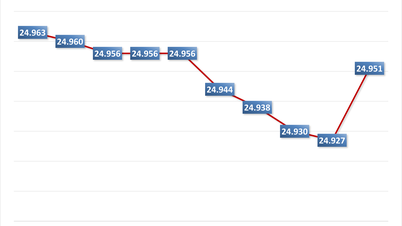
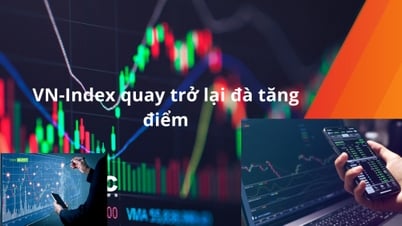
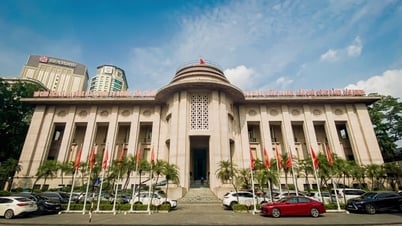
![[Photo] General Secretary To Lam begins official visit to Russia and attends the 80th Anniversary of Victory over Fascism](https://vphoto.vietnam.vn/thumb/1200x675/vietnam/resource/IMAGE/2025/5/8/5d2566d7f67d4a1e9b88bc677831ec9d)
![[Photo] Prime Minister Pham Minh Chinh meets with the Policy Advisory Council on Private Economic Development](https://vphoto.vietnam.vn/thumb/1200x675/vietnam/resource/IMAGE/2025/5/8/387da60b85cc489ab2aed8442fc3b14a)

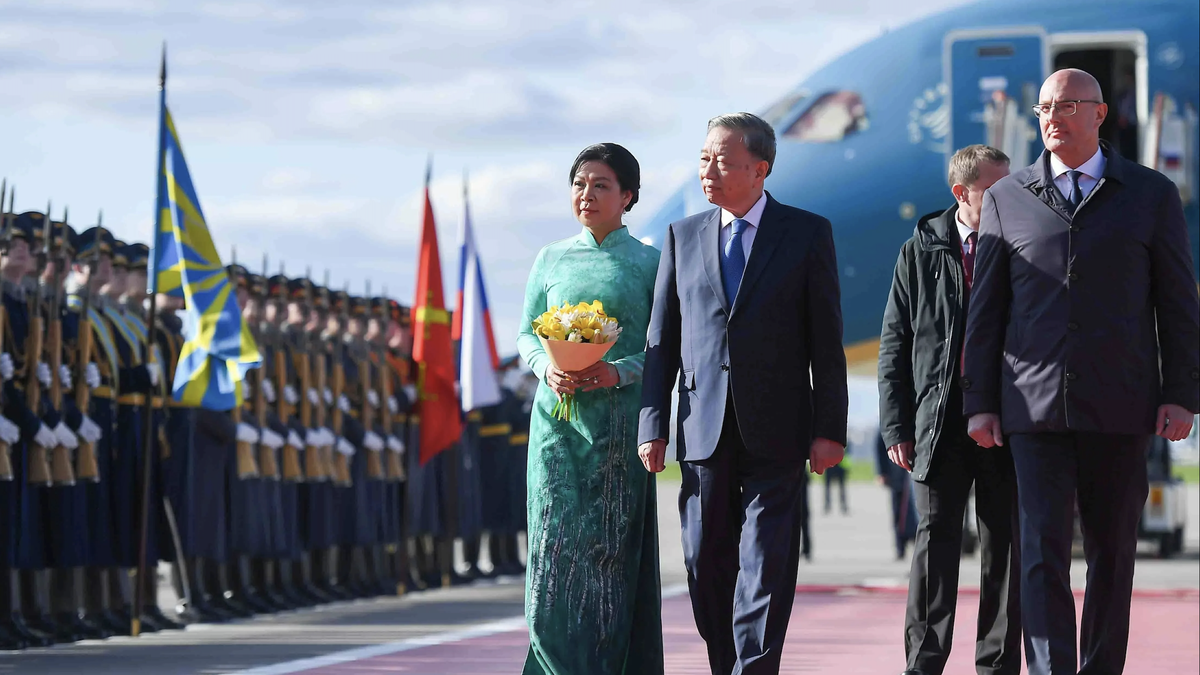



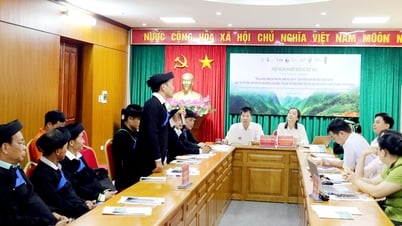































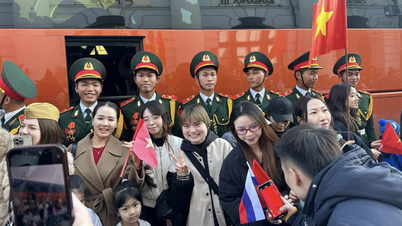







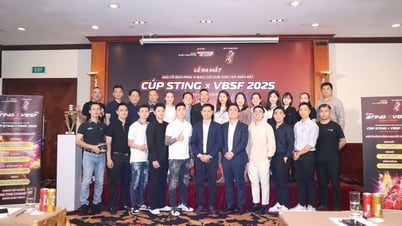





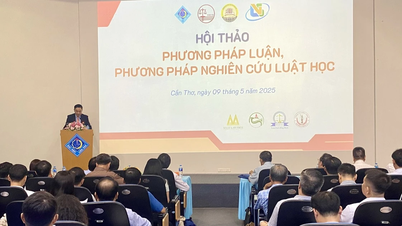

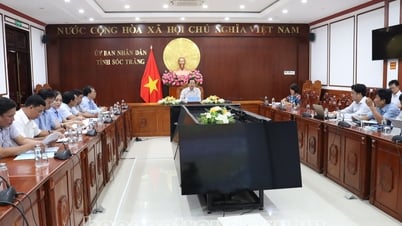












Comment (0)